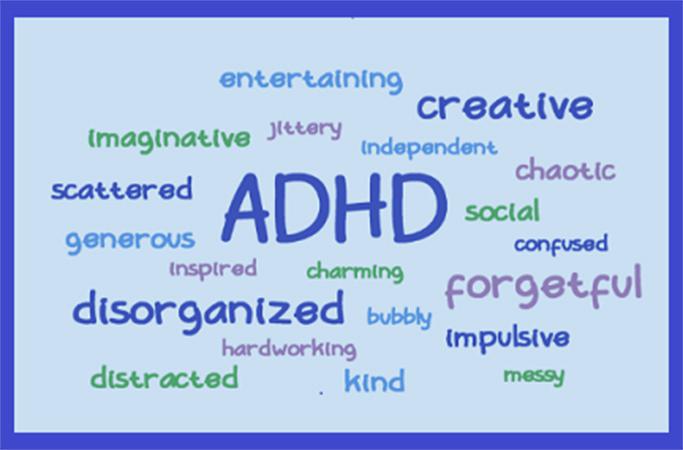
Even while some ADHD patients who are children outgrow their symptoms, more than 60% of them—or more than 8 million adults continue to struggle with the disorder as adults. Researchers are still baffled as to what causes ADHD. However, the fact that the condition usually runs in families raises the possibility of a hereditary predisposition. Adults frequently learn that they, too, have ADHD when their child is given the diagnosis. Birth deformities, brain damage, early environmental risk exposure, alcohol and cigarette use during pregnancy, and brain injury are possible additional risk factors. Researchers are still looking into the causes and risk factors of ADHD.
Stimulants are the main treatment option for ADHD symptoms. Despite the fact that there are no specific nutrients known to treat ADHD, research is still being done to find any that might minimize symptoms. Physical activity assists in the management of ADHD by providing a specific activity that can improve focus.
Use omega-3 fatty acids for optimum brain growth
With published studies exploring their numerous benefits, omega-3s are one of the nutrients that have been researched the most completely for supplements to treat adhd. Omega-3 fatty acids are well known for their benefits for heart health, but they also help kids' brains and cognitive grow. The researchers found that adding omega-3 fatty acids to a diet, particularly when paired with higher doses of eicosapentaenoic acid, was only modestly effective in treating ADHD. The relative efficacy of omega-3 fatty acid supplementation was poor when compared to currently available pharmacotherapies for ADHD like psychostimulants, atomoxetine, or alpha-2 adrenergic agonists. However, given its typically benign side-effect profile and evidence of modest efficacy, it may be acceptable to use omega-3 fatty supplementation in addition to standard pharmacologic therapy or for families who reject other psychopharmacologic options.